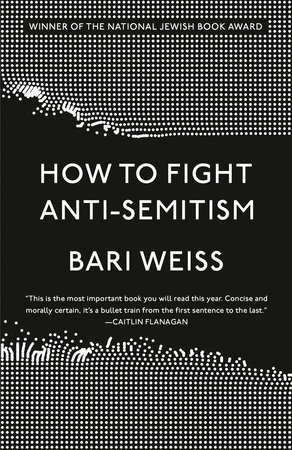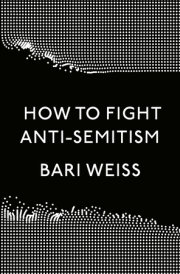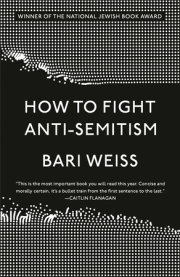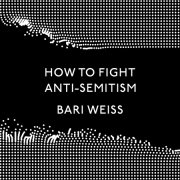“There is a shooter at tree of life.”
The first text came through our family chat at 10:22 a.m. It was from my baby sister, Suzy. I typed back immediately: “Is dad.”
My mouth turned to cotton as I waited for a response to my incomplete question.
My parents live a mile and a half from the Tree of Life synagogue. Three congregations meet in the building for Shabbat morning services; my dad is sometimes at one of them.
“We’re home,” my mom wrote. “do t worry.”
Casey, my second-youngest sister, had heard more: “Magazine high powered ak 47. Doug is on police radio,” she said of her husband, a local firefighter.
Someone sent around a link to the Psalms—“in you our ancestors trusted; they trusted and you saved them”—sacred poems Jews have always recited in times of distress. Several texts suggested that there were hostages, early and hopeful speculation. My mom wrote simply: “I’m sure we will know people there.”
Minutes slouched by. I turned on CNN. Nothing yet. I refreshed and refreshed and refreshed Twitter every few seconds. There were posts from some local sources urging people to stay away from the area; warnings that the police had shut down that part of the neighborhood; speculation that the shooter might be on the loose. I thought about the Boston Marathon bombers—how one of the Tsarnaev brothers hid in a boat in someone’s backyard—and told my parents not to leave the house.
Soon I started getting WhatsApp messages from close friends in Israel, where Shabbat was ending—a strange reversal from the years of the Second Intifada when I would write them: Are you safe?
I checked the news again. Early reports of a shooting in the Squirrel Hill neighborhood of Pittsburgh. No name yet. No victim count. Refresh Twitter.
At some point in those creeping minutes, between Suzy’s first text and the moment I booked a plane ticket back to my hometown to witness what the killer had done, my third-youngest sister, Molly, told us that she had heard something on the police scanner.
“He’s screaming all these Jews need to die.”
• • •
I didn’t yet know that I would come to see that phrase as the one that marked the before and the after. That I would come to see that command—the one that had been uttered in a different tongue by Amalek, the villain who stalked the weakest of the ancient Israelites in the desert on their way to the Promised Land; the one that had been echoed by Amalek’s ilk down through the generations; and the one that was now being shouted in mine—as my alarm bell. Those words would wake me up to the fact that I had spent much of my life on a holiday from history. And history, in a hail of bullets, had made its unequivocal return.
But this realization was to come. The morning of October 27, 2018, in a hotel room in Phoenix, I was pouring sweat and drinking lukewarm room-service coffee, replying to my editor at the Times to say yes, I would write a column immediately about what was going on.
This was before I learned that the name of the shooter was Robert Bowers, before I read what he had written on the social media website Gab: “There is no #MAGA as long as there is a kike infestation.” It was before I knew he believed that the Jewish people were responsible for the sin of bringing Muslims to America: “Open you Eyes! It’s the filthy EVIL jews Bringing the Filthy EVIL Muslims into the Country!!” Bowers hated the Hebrew Immigrant Aid Society, a Jewish organization founded in the late 1800s to resettle Jews fleeing pogroms in Russia and Eastern Europe. Today, it does the righteous work of rescuing Jews and non-Jews facing persecution all over the world. His final post before he entered the building was: “HIAS likes to bring invaders in that kill our people. I can’t sit by and watch my people get slaughtered. Screw your optics, I’m going in.” Tree of Life had been one of 270 synagogues around the country that had hosted National Refugee Shabbat the previous Saturday. That morning during services, American rabbis had spoken about the most fundamental and recurrent theme in the Bible: Do not oppress a stranger, because you were strangers in the land of Egypt.
Copyright © 2019 by Bari Weiss. All rights reserved. No part of this excerpt may be reproduced or reprinted without permission in writing from the publisher.







